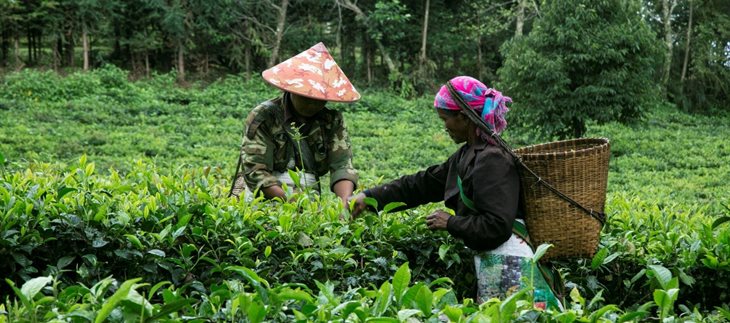Strands

The Consortium of Future Rural Studies focuses on three key research strands, which are addressed through institutional partnerships, mentoring schedules, workshops, roundtable meetings, and other suitable channels.
Sustainable Food and Alternative Livelihoods
Global changes in climate change, food security and rural sustainability call for a transition of food and agricultural system which involves the interconnection and coordination of technological, social and institutional (or policy) innovations. With an emphasis on the transformation of 5 million smallholders at globe, a systematic innovation perspective is vital to understand multidimensional challenges, opportunities and good practices at grassroots of China and global south in order to find new pathway for sustainable food and livelihood secruity for the rural poor.
A few of research themes are identified by ECRs with support from mentoring team for further development:
Innovation Base for Industrial Revitalisation
Sustainable food and livelihood security in the global south requests a reshape of agricultural innovation and higher education systems in order to facilitate industrial revitalisation for poverty alleviation and sustainable livelihoods at local and regional levels. In reflecting on the challenges and good practices in professional participation and contribution to “targeted poverty alleviation” and rural revitalisation in different agroecological zones of China and beyond, this strand aims to shed new light on the pathways of ECRs to engage multiple stakeholders for better understanding of the needs, dynamics, resources and opportunities for the innovation diffusion towards scaling up, standardisation, and marketisation of local pillar products/services.
Based upon established partnerships between participatory institutions and industrial stakeholders, in particular, we support, but not be limited to, researches related to the following themes:
Social Innovation and Entrepreneurship
In the context of urbanisation, brain drains and rural decline in the global south, both human and social capital are important for the success of external participation/intervention for sustainable poverty alleviation and rural transition. While overwhelming attention is paid to top-down intervention and technological innovation, less is known about social innovation, a process of changing attitudes, perceptions, behaviours among rural people towards common interests, identities and collaborative activities for the better usage of various resources and opportunities, internally and externally. In this regard, the national programmes of Targeted Poverty Alleviation and Rural Revitalisation in China offers rich information and excellent case studies to develop our understanding in social innovation, entrepreneurship and bottom-up development for better interfaces with external intervention. This strand contains following themes:
Founding Institutes of the Consortium of Future Rural Studies: